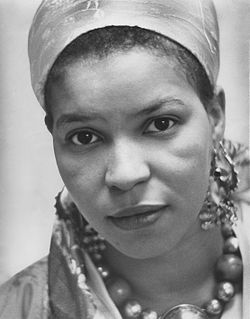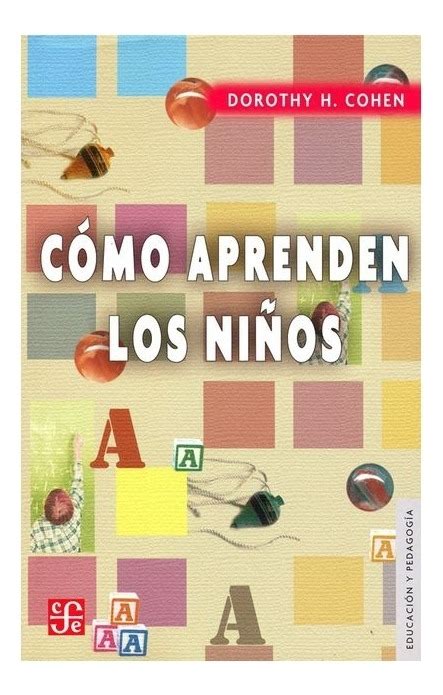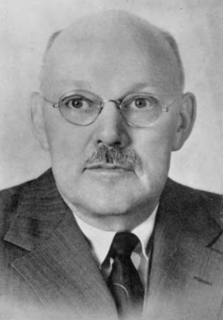A Quote by Amartya Sen
Human development, as an approach, is concerned with what I take to be the basic development idea: namely, advancing the richness of human life, rather than the richness of the economy in which human beings live, which is only a part of it.
Related Quotes
I'm committed to the idea that one of the few things human beings have to offer is the richness of unconscious and conscious emotional responses to being alive. ... The kind of esteem that's given to brightness/smartness obliterates average people or slow learners from participating fully in human life, particularly technical and intellectual life. But you cannot exclude any human being from emotional participation.
More fundamental than religion is our basic human spirituality. We have a basic human disposition towards love, kindness and affection, irrespective of whether we have a religious framework or not. When we nurture this most basic human resource - when we set about cultivating those basic inner values which we all appreciate in others, then we start to live spiritually.
Every single human being is creative and maximizing that creativity is critical to happiness and economic growth. Economic growth is driven by creativity, so if we want to increase it, we have to tap into the creativity of everyone. That's what makes me optimistic. For the first time in human history, the basic logic of our economy dictates that further economic development requires the further development and use of human creative capabilities. The great challenge of our time is to find ways to tap into every human's creativity.
If we human beings rely only on material development, we can’t be sure of a positive outcome. Employing technology motivated by anger and hatred is likely to be destructive. It will only be beneficial if we seek the welfare of all beings. Human beings are the only species with the potential to destroy the world. Because of the risks of unrestrained desire and greed we need to cultivate contentment and simplicity.
Our global institutional arrangements - the basic ground rules that govern our world economy - are human-made. They don't exist naturally, nor are they God-given. We make these rules, those of the WTO [World Trade Organization] Treaty for instance, which fill tens of thousands of pages. These words have been strung together by human beings and are also interpreted and enforced by human beings.
No matter what part of the world we come from, we are all basically the same human beings. We all seek happiness and try to avoid suffering. We have the same basic human needs and concerns. All of us human beings want freedom and the right to determine our own destiny as individuals and as peoples. That is human nature.
I want to stress again that human rights are not peripheral to the foreign policy of the United States. Our pursuit of human rights is part of a broad effort to use our great power and our tremendous influence in the service of creating a better world, a world in which human beings can live in peace, in freedom, and with their basic needs adequately met.
I think human beings have a basic instinct to be free and explore their world in their own way. I've always been driven to look at life as something which we should try to plunge into rather than sit back. You have to be able to have fun and keep creating a sense of excitement to how you approach the world.
The child to be concerned about is the one who is actively unhappy, [in school].... In the long run, a child's emotional development has a far greater impact on his life than his school performance or the curriculum's richness, so it is wise to do everything possible to change a situation in which a child is suffering excessively.
Paganism is that view of life which finds the highest goal of human existence in the healthy and harmonious and joyous development of existing human faculties. Very different is the Christian ideal. Paganism is optimistic with regard to unaided human nature, whereas Christianity is the religion of the broken heart.
in addition to the conditions under which life is given to man on earth, and partly out of them, men constantly create their own, self-made conditions, which, their human origins notwithstanding, possess the same conditioning power as natural things. whatever touches or enters into a sustained relationship with human life immediately assumes the character of a condition of human existence. this is why men, no matter what they do, are always conditioned beings. whatever enters the human world of its own accord or is drawn into it by human effort becomes part of the human condition.
Widely dispersed knowledge concerning the important role of basic cooperative processes among living beings may lead to the acceptance of cooperation as a guiding principle both in social theory and as a basis for human behavior. Such a development when it occurs will alter the course of human history.






































